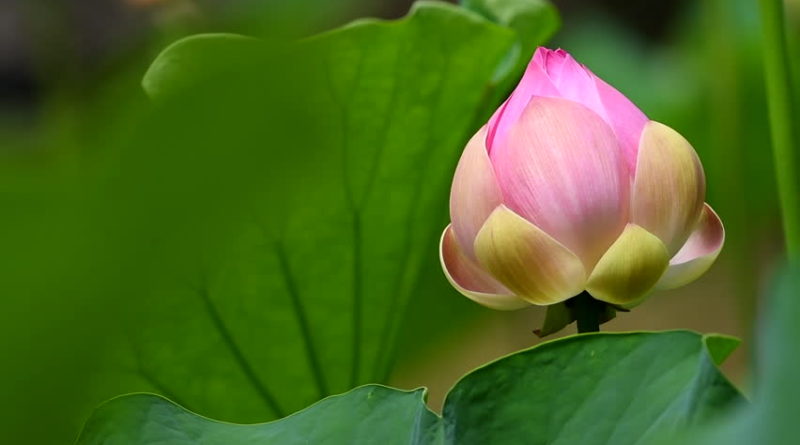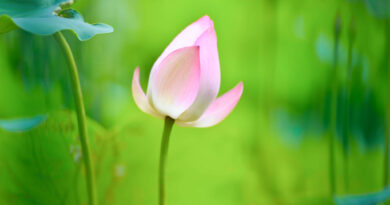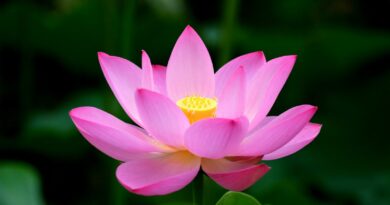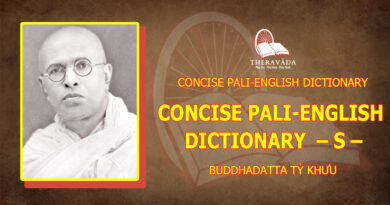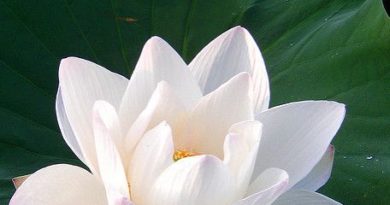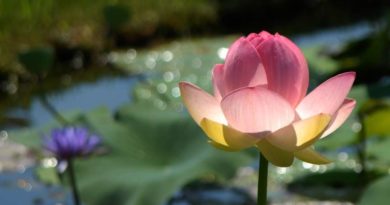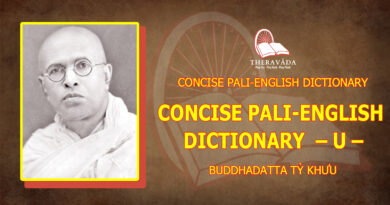Vinaya: May A Monk Act As A Doctor?
VINAYA
MAY A MONK ACT AS A DOCTOR?
A recurring misunderstanding standing among some lay Buddhist is that a monk may practise as a doctor to the laity. Some monks do become skilled in herbal medicine and other traditional therapies but when, if ever, are they allowed by their precepts to behave as a doctor?
The Lord Buddha once said “Whoever, monks, would tend me, he should tend the sick” and this well known saying has often used to justify a monk acting as a doctor. However, the saying is taken out of context as will soon be clear. The full passage, found in that section of the Vinayapitaka called the Mahavagga, chapter 8, verse 26, relates to the story of the Lord Buddha coming across a fellow monk who was suffering dysentery. With the help of Ven. Ananda, the Lord Buddha cleaned and settled the sick monk. Shortly afterwards, the Lord Buddha addressed the Sangha:
“Monks, you have not a mother, you have not a father who might tend you. If you, monks, do not tend one another, then who is there to tend you? Whoever, monks, would tend me, he should tend the sick.” (From the Pali Text Society’s translation, Book of the Discipline, Vol 4 p 432)
The full passage makes it abundantly clear that when the Lord Buddha said “Whoever would tend me should tend the sick”, His meaning was for monks to look after fellow monks who were sick. He was not referring to monks acting as doctors to the laity.
In fact, the Lord Buddha said several times that acting as a doctor to lay people is, for a monk, Wrong Livelihood (miccha-ajiva) directly contrary to the fifth factor of the Noble Eightfold Path and a Debased Art (tiracchana-vijja). For example, in the very first Sutta in the first collection of Suttas, being the Brahmajala Sutta of the Digha Nikaya, the Lord Buddha said:
27. “Whereas some recluses and brahmins while living on the food offered by the faithful, earn their living by a wrong means of livelihood (miccha-ajiva), by such debased arts (tiracchana-vijja) as: promising gifts to deities in return for favours; fulfilling such promises; demonology; reciting spells after entering an earthen house; inducing virility and impotence; preparing and consecrating sites for a house; giving ceremonial mouthwashes and bathing; offering sacrificial fires; administering emetics, purgatives, expectorants and phlemagogues; administering ear medicine, eye medicine, nose medicine, collyrium and counter ointments; curing cataracts, practising surgery, practising as a children’s doctor; administering medicines to cure bodily diseases and balms to counter their after effects — the recluse Gotama (the Lord Buddha) abstains from such wrong means of livelihood, from such debased arts.” (From The Discourse on the All-Embracing Net Views , p 61, being the Buddhist Publication Society of Kandy’s English edition of the Brahmajala Sutta)
Thus the Lord Buddha clearly condemned any monk who makes his living by behaving as a doctor to the laity.
The tradition that has come down to all Theravada Buddhist monks is that described in the Samantapasadika, the great commentary on the Vinayapitaka compiled by Buddhaghosa in Sri Lanka in the 5th century C.E. This authoritative work states that a monk may prescribe and supply medicines to his fellow monastics (monks and nuns), to his parents or to those looking after his parents, and to any laypeople staying in the monastery of Vihara either preparing to go forth as monks of just staying to help the monks. Also, a monk may prescribe but not buy medicines to his brothers and sisters, aunts and uncles, grandparents and to whatever travellers, bandits, people wounded in battle and those without relatives who come to the monastery of Vihara for emergency help. Should a monk prescribe or supply medicines beyond his allowance, he commits an offence against his precepts (a dukkata offence). Further, if he prescribes of supplies a medicine to a layperson for a material gift in return, then he incurs another offence against his precepts for “corrupting families” (kuladusaka). That is what is stated in the Samantapasadika Vinaya Commentary, respected in all Theravada Buddhist countries. The passage may be found in the Pali Text Society’s edition of the Samantapasadika page 469f (unfortunately this work is in Pali and no English translation is available yet.
This answer from the authoritative texts to the question “May a monk act as a doctor?” shows a wise balance which recognises a monk’s duty to his parents, his responsibilities to those monks and laypeople staying with him in his monastery, and his compassion to all those visiting his monastery for emergency help. It prevents in any circumstances receiving any material reward for such services. Moreover, it remembers that the role of a Buddhist monk towards the laity is not to act as a doctor to the body but to act as a kind sage, a doctor to the mind.

